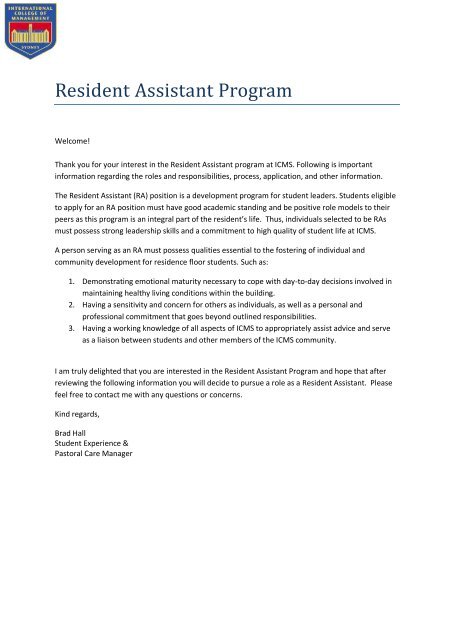
Residents in assisted living facilities have many rights. These rights include the freedom to choose what kind of care they need, the right for three meals per day and the ability to select a plan that best suits their needs. These rights and how to protect them can help you make the best decision for your loved one.
Residents of assisted living are entitled to greater rights that residents in nursing homes
Residents of assisted living have many rights that residents in nursing homes do not. One of their rights is the ability to make their own decisions about their treatment and care. This includes the right to choose what type of food is served and at what time. Also, they have the right to participate in care planning meetings and to make their own financial decisions.
As a social worker, it is my duty protect residents' rights regardless their gender, race religion or nationality. I know that dementia patients face many challenges. They may experience cognitive and physical declines. People with dementia may have privacy problems and lose former social relationships. There are some residents who experience discrimination based upon their religion, age or sex.

They are entitled to make decisions about their own care
A resident in an assisted living facility is entitled to many rights and responsibilities. One of those rights is the right to choose their care. This right is vital in many different ways. This right is not only important for assisted living facilities. In addition to these rights, residents should be allowed to express themselves freely. This includes the right to write letters, use their personal phones, and receive mail. Caregivers should respect the resident's wishes and not interfere with their privacy. It is also important for residents to be aware of any changes made to their care plan.
A resident has the rights to review medical records, get advance notice of transfers or discharges, as well as access to records. The facility should provide copies of these records within one business day of their request. They should be permitted to join resident groups.
They can have three healthy meals per day
A meal plan must meet residents' nutritional needs. It's not easy to do this as residents may have different preferences. It is also important to be sensitive to cultural differences, religious and medical requirements, as well as allergies. The menus should include a variety of food options.
Therapeutic diets must be approved by the attending physician, although the physician may delegate this responsibility to a licensed dietitian. The licensed dietitian must follow state laws and regulations. Each resident can have three meals per day.

They can have a service plan that suits their needs.
A service plan describes the services that a resident will be able to receive. A service plan should be tailored to the specific needs and preferences of the resident. Residents should be allowed to choose the services that they want, and how they prefer them. Before agreeing on a service plan they need, they should be able communicate with their providers.
Many assisted living facilities have made NRAs a requirement and have even considered making it a state regulation. NRAs promote open, documented conversations that allow providers to better understand residents' needs and help them avoid restricting their choices.